World
The modern world cannot be studied without examining the course, impact and legacy of two world wars, the resources in this section set out to look at both the First and Second World Wars in their global context. The section also includes the Cold War and its impact in Latin America, South-East Asia and parts of Africa. This period also sees the rise and fall of European imperialism and the changing nature of global politics and economics as technology brings different stories from so many parts of the world directly to us. Read more
Sort by:
Date (Newest first) | Title A-Z
Show:
All |
Articles |
Podcasts |
Multipage Articles
-

Britain and the Formation of NATO
ArticleClick to view -

British Cooperation with the Zionist Agency in Palestine 1940-42
ArticleClick to view -
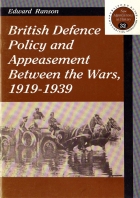
British Defence and Appeasement Between the Wars 1919-1939
ArticleClick to view -

Buffalo Bill and his Wild West show opens London's Earl Court in 1887
ArticleClick to view -

Capone's lost lair: The Lexington Hotel, Chicago
ArticleClick to view -
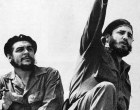
Comparing the Bay of Pigs Invasion and the Jameson Raid
ArticleClick to view -
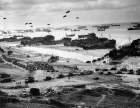
D-Day, Commemorations - the last big year to remember?
ArticleClick to view -
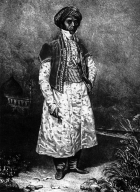
Dean Mahomet: Travel writer, curry entrepreneur and shampooer to the King
ArticleClick to view -
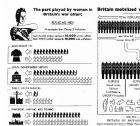
Diagrams in History
ArticleClick to view -

Doomed to fail: America’s intervention in Vietnam
ArticleClick to view -

Echoes of Tsushima
ArticleClick to view -

Eighteenth-century Britain and its Empire
ArticleClick to view -

Ending Camelot: the assassination of John F Kennedy
ArticleClick to view -

Evelyn Waugh’s books on the Italo-Ethiopian War, 1935–36
ArticleClick to view -

Exploring Twentieth-Century History
ArticleClick to view -
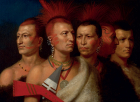
Facing the Revolution: the other Americans
ArticleClick to view -

Fake news: Psy-war and propaganda in the Indonesian Genocide of 1965-66
ArticleClick to view -

Film series: The African-American Civil Rights Movement
ArticleClick to view -

Film: An Interview with Margaret MacMillan
Multipage ArticleClick to view -

Film: Brezhnev's early life and career
ArticleClick to view

